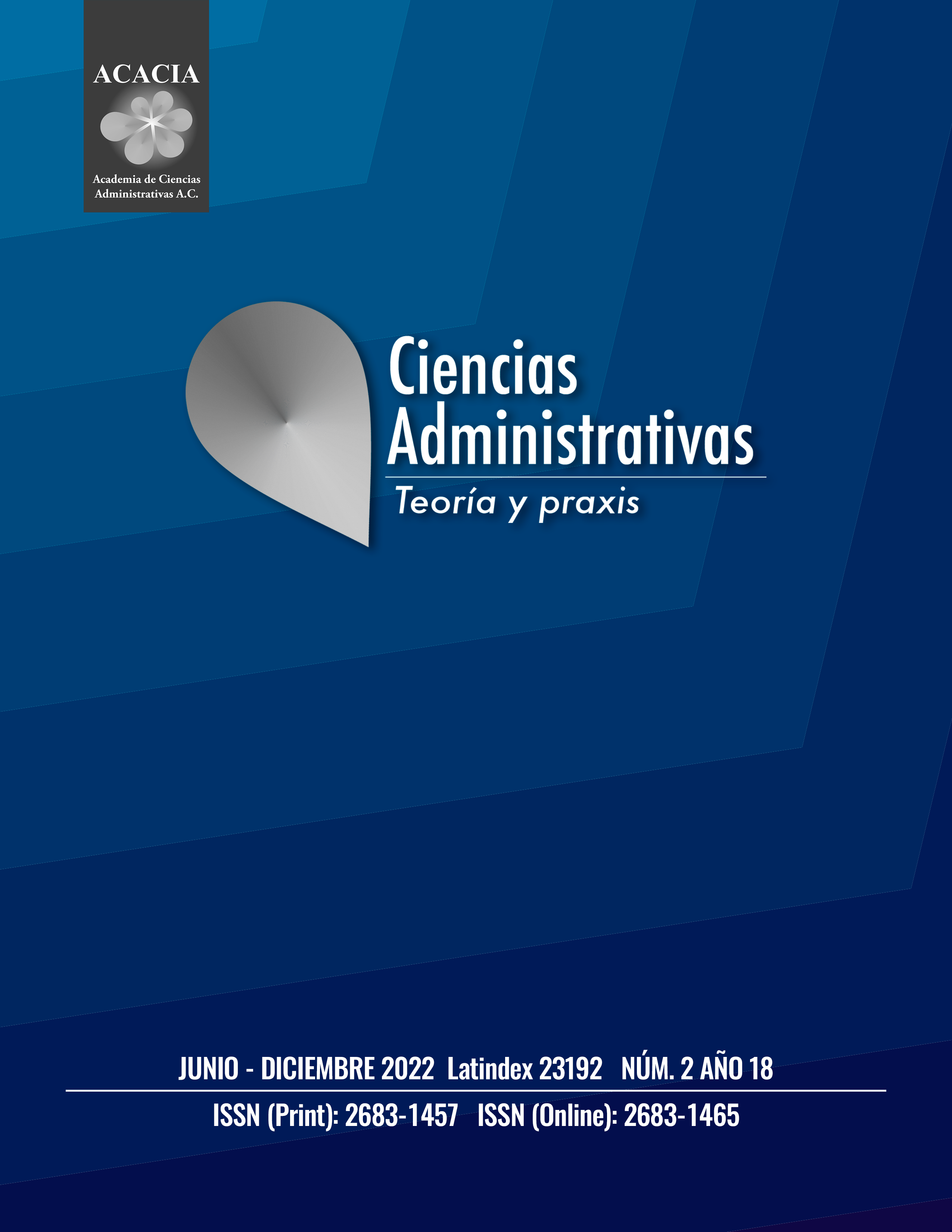Exploring the effects of acquired specific competencies on the satisfaction of international trade and customs university students
DOI:
https://doi.org/10.46443/catyp.v18i2.315Keywords:
competencies, university students, satisfactionAbstract
Previous studies have confirmed that the acquired knowledge that students perceive, is one of the factors that influences their satisfaction. Thus, investigating the student's perception of the specific competencies they acquire is suggested to be important for improving competency-based educational models. This research explores the acquisition of specific skills of the Bachelor of International Trade and Customs as predictors of the academic satisfaction. The surveyed sample included 77 final grade students who had already carried out professional internships or social service in various companies related to their specialty area. Through a structural equations model based on variances three main factors were identified regarding the specific skills acquired. The structural model confirms the influence of two of the factors analyzed in the construction of the academic satisfaction of the university students.

Published
How to Cite
Issue
Section
License

This work is licensed under a Creative Commons Attribution-NonCommercial-NoDerivatives 4.0 International License.















